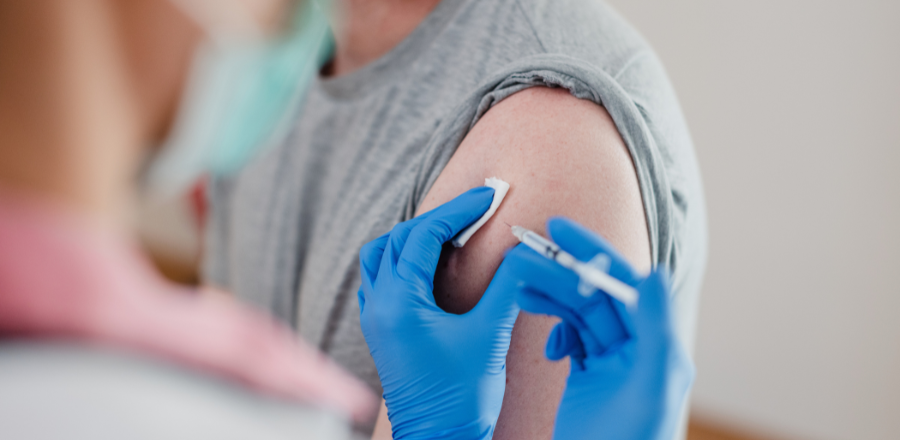La Trobe researchers have developed an innovative microscope slide prototype thanks to a new nanotechnology tool unveiled in Melbourne.
Australia’s Minister for Education and Youth, the Hon Alan Tudge, today officially unveiled a EULITHA Phabler 100, the latest addition to the Australian National Fabrication Facility‘s (ANFF) portfolio of open access research and development capabilities.
The new half-a-million-dollar tool is available, through ANFF, to industry and academia to enable production of nanoscale devices, and to allow developing companies to establish a foothold in their relevant markets.
The Phabler, a high-throughput nanopatterning system capable of processing hundreds of components a day, was acquired to initially support La Trobe Professor Brian Abbey and colleagues scale up their smart microscope slides that can be used to more accurately diagnose cancer.
“We will use the new Phabler facility to produce our patented slide coating which transforms conventional microscope slides into a powerful new tool for understanding disease,” Professor Abbey said.
“The resulting high-contrast images which are generated instantly, will enable faster, more accurate cancer diagnosis compared to current approaches which rely on staining or labelling.”
Until now, the team has had to rely on overseas facilities for key elements in the production process.
‘With the new facility we’re now able to manufacture our slides right here in Melbourne and in quantities that will allow us to realise the full potential of our invention.
“We wouldn’t have had the prototype without MCN and the ANFF.”
The Phabler is housed at ANFF’s flagship facility, the Melbourne Centre for Nanofabrication (MCN) – the result of a 10-year cooperation between the La Trobe, CSIRO, the University of Melbourne; Deakin University, Swinburne University of Technology, Victoria University, RMIT University, and Monash University where it is hosted.
La Trobe University Deputy Vice-Chancellor (Research and Industry Engagement) Professor Susan Dodds said she was delighted La Trobe is part of this important collaboration.
“Researchers such as Professor Abbey lead the way in this field,” she said.
“When we work with other universities to bring together our expertise and collaborate with industry, our research makes a real difference to the communities we serve. Being able to analyse cells to diagnose cancer in a faster, more accurate way will positively impact the lives of many people.”
While Professor Abbey and the team behind these novel slides will be the Phabler’s primary beneficiary, the tool is open for all to access.
The ANFF is funded by the National Collaborative Research Infrastructure Strategy.
ANFF Chief Executive Officer Dr Ian Griffiths said ANFF and NCRIS provided a substantial accelerator to many fledgling technologies.
“ANFF is uniquely positioned, as we can provide commercialisation support as well as continued access to a network of manufacturing capabilities and engineering talent across Australia,” Dr Griffiths said.
“The Phabler and its use in emerging pathology technology is a clear example of how providing the right infrastructure for the right project can move an idea quickly to proof of concept products.”








